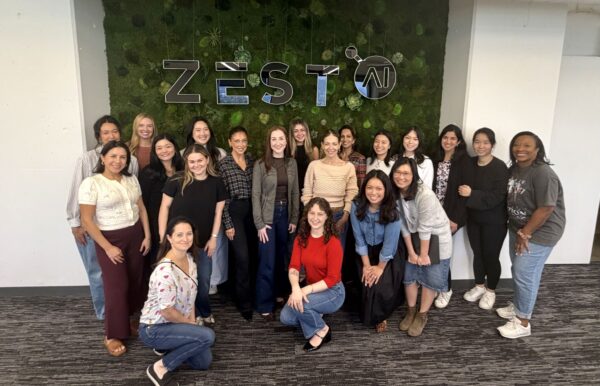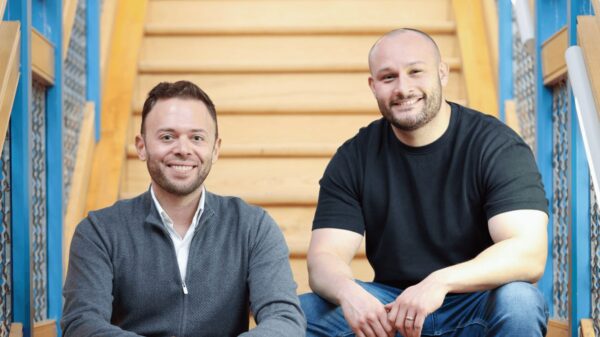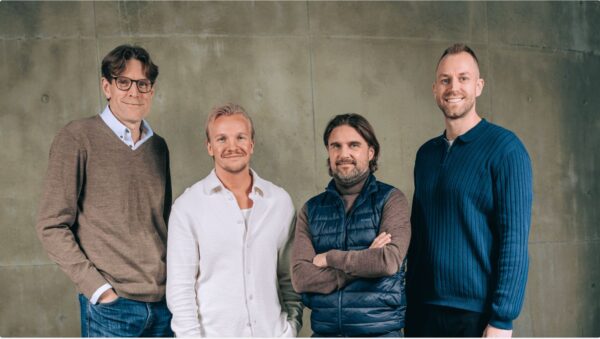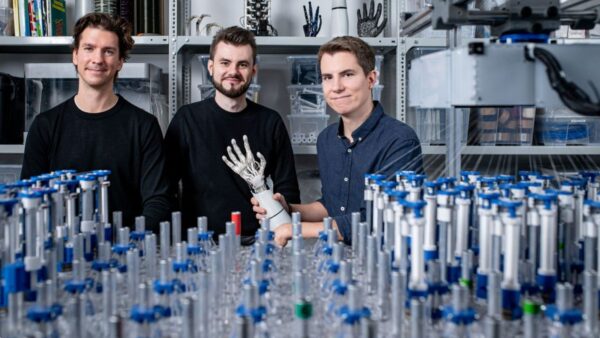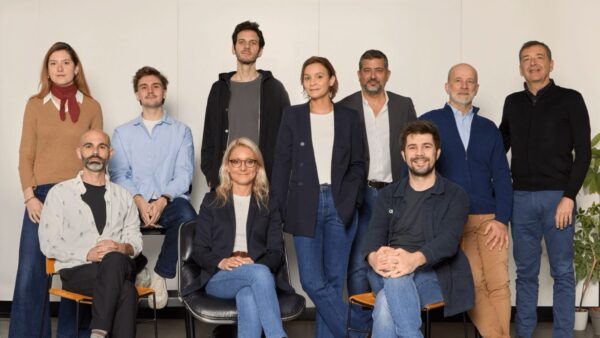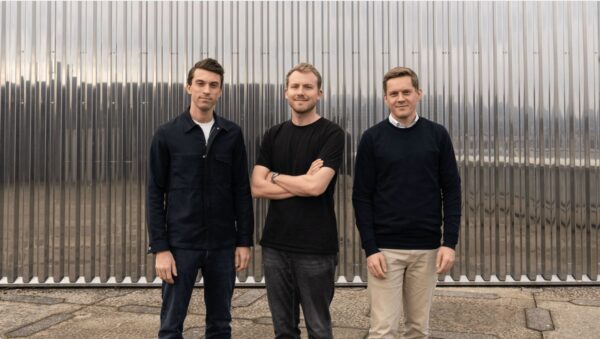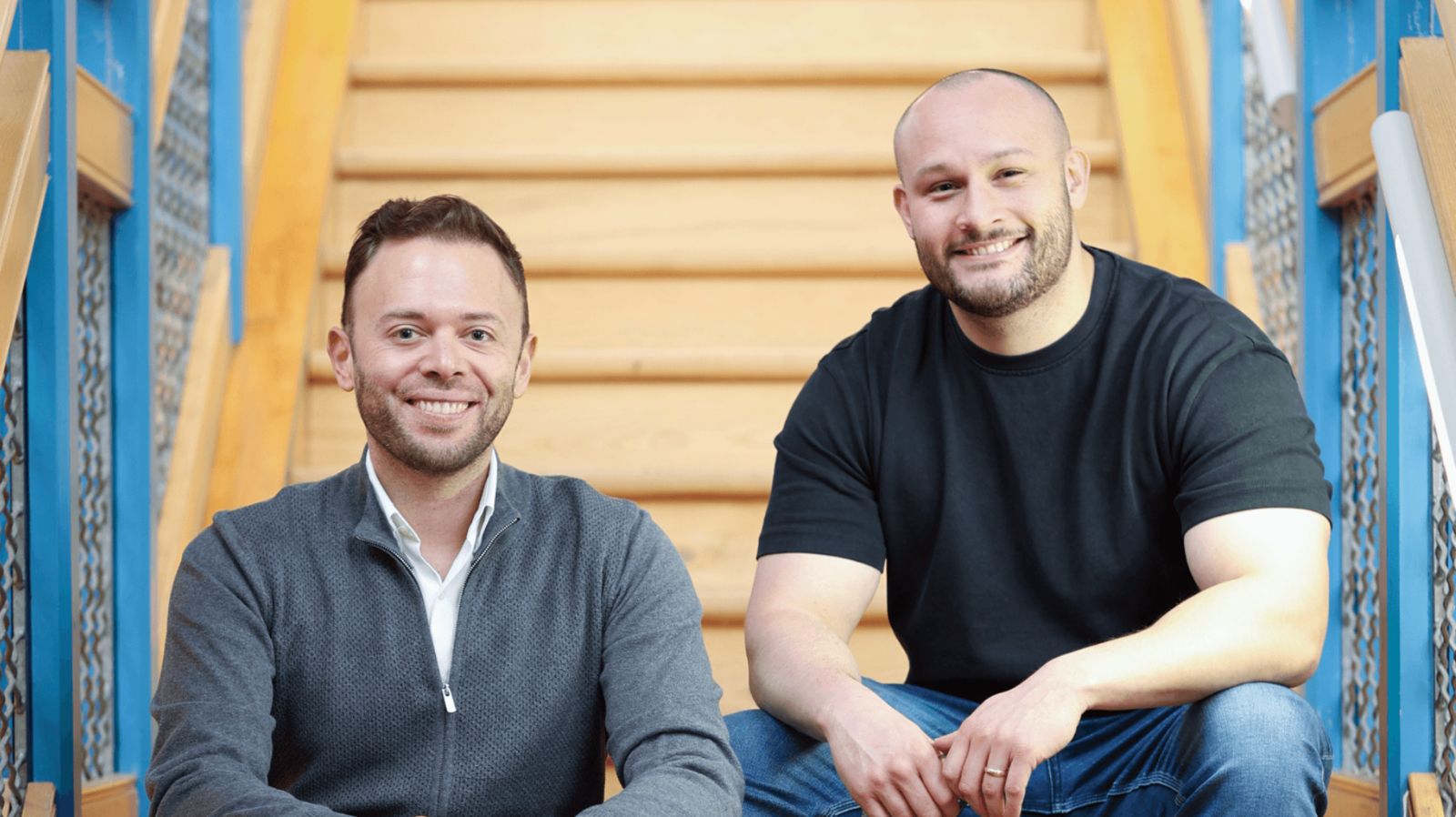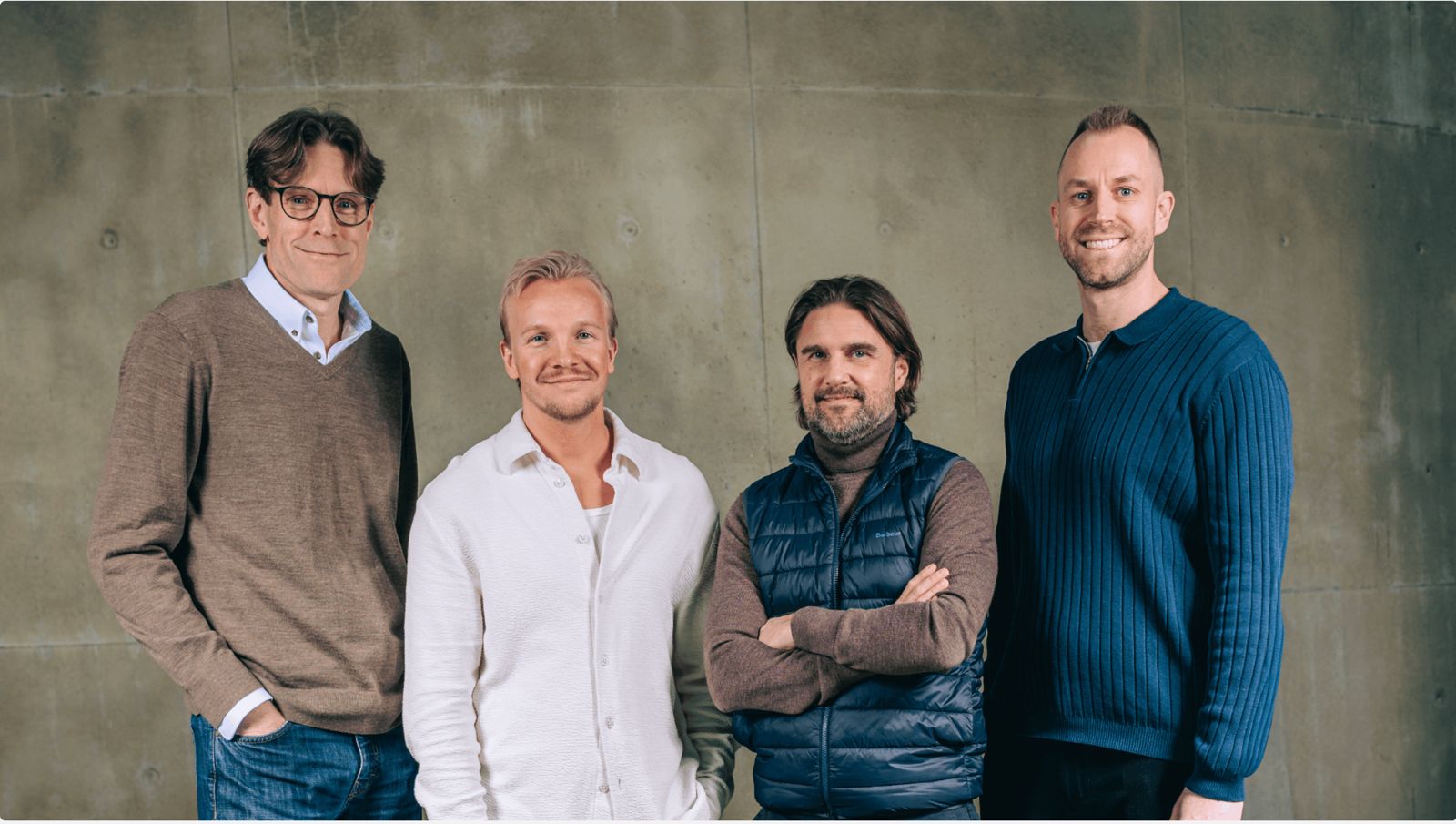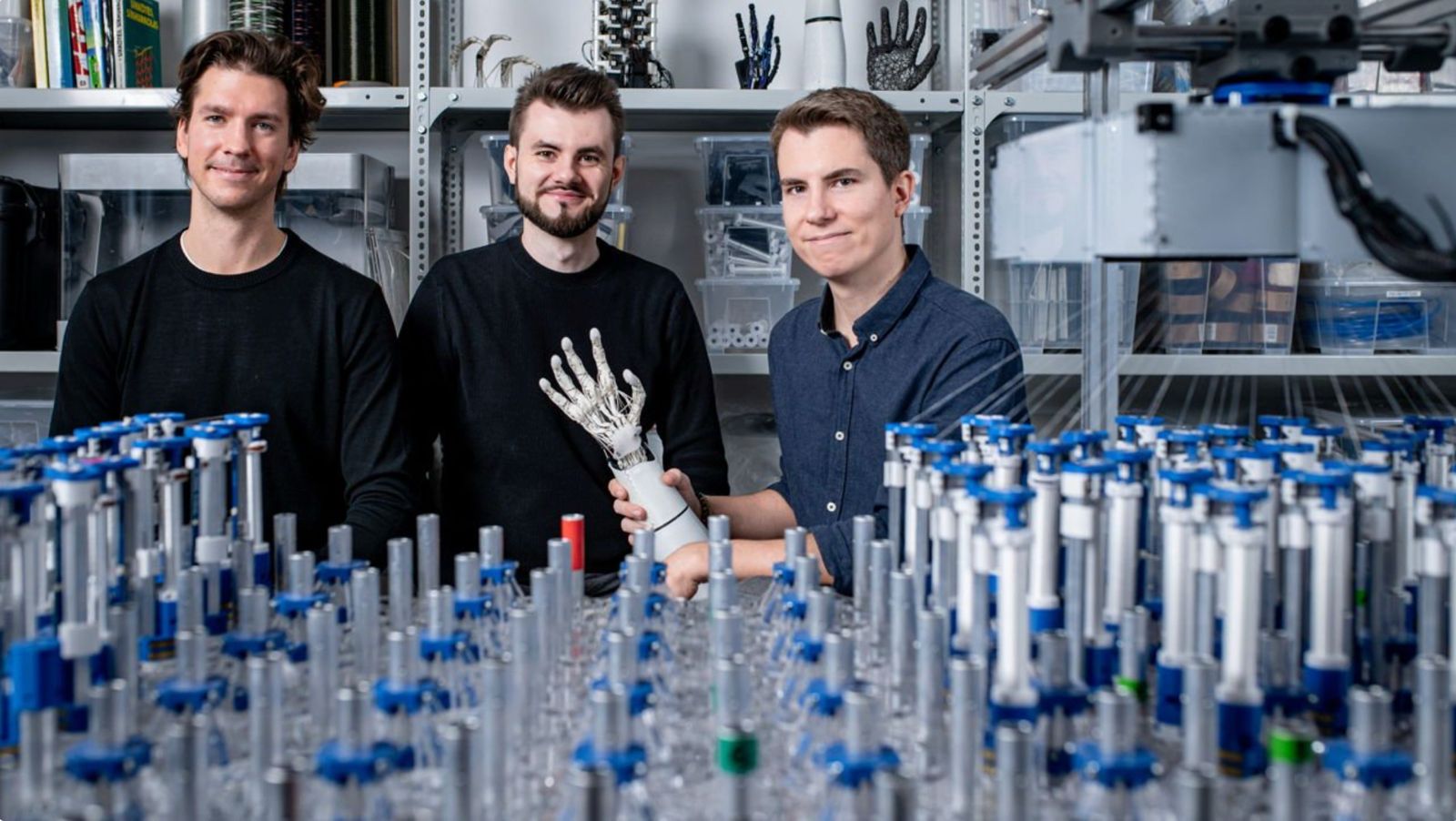In the often-overlooked world of vascular intervention, where small vessels dictate the success of life-sustaining treatments, VentureMed Group is betting that smarter engineering can deliver better outcomes. The Minneapolis-based medical device company has raised $28 million in Series C funding, led by S3 Ventures, with continued participation from Endeavour Vision and other existing backers.
The fresh capital marks a defining inflection point for VentureMed’s flagship product, the FLEX Vessel Prep™ (VP) System, an FDA-cleared and CE Mark-approved device designed to improve how clinicians prepare vessels for treatment in peripheral arterial disease (PAD) and arteriovenous (AV) access procedures.
“Investor confidence in FLEX and our mission to strengthen VentureMed’s role in global vascular care could not be clearer,” said Denis Harrington, President and CEO of VentureMed Group. “This financing allows us to scale commercial adoption, expand indications, and move faster toward new product development.”
The FLEX VP System is built around VentureMed’s proprietary Kinetic Endovascular Micro-Incision Creation (KEMIC) technology — a departure from conventional balloon-based approaches that rely on static pressure. By using controlled motion to create long, micro-incisions within the vessel, KEMIC aims to reduce trauma, enhance compliance, and potentially improve drug uptake when used in combination therapies. The system has already gained traction in hospitals and outpatient centers across the U.S. and Europe, supported by a dedicated CMS HCPCS code (C1600) and transitional pass-through reimbursement.
“VentureMed is addressing one of the most persistent challenges in vascular access with a technology that is both elegant and transformative,” said Brian R. Smith, Managing Director at S3 Ventures. “This is not just a product story — it’s about changing the way clinicians think about vessel preparation.”
The funding will help VentureMed expand its clinical research programs and advance new applications in adjacent vascular settings, including dialysis access, where stenosis and re-narrowing remain chronic challenges. Dr. Ari Kramer, General Surgeon at Spartanburg Medical Center, emphasized that “lesion preparation is rapidly becoming one of the most critical factors in improving outcomes for AV access interventions. FLEX is setting the pace for the next generation of vessel prep.”
Backing from Endeavour Vision further underscores investor confidence in VentureMed’s long-term potential. “A technology that reduces the need for reinterventions doesn’t just improve patient outcomes — it aligns with the broader healthcare shift to value-based care,” said Alexander Schmitz, Partner at Endeavour Vision.
Editorial Analysis: A Precision Bet on a Fragmented Market
The market for vascular access and peripheral arterial interventions has long been a complex intersection of necessity, cost, and clinical variation. What VentureMed Group is doing differently lies not just in its device design, but in its positioning — treating vessel preparation as a precision science rather than a procedural afterthought. The FLEX VP System’s underlying thesis is simple yet disruptive: durable results in endovascular treatment begin before the stent, not after it.
This shift carries major implications. As healthcare systems gravitate toward value-based models, where reimbursement is tied to long-term patient outcomes, devices that demonstrably reduce reinterventions and procedural complications will command premium adoption. VentureMed’s FDA and CE clearances, combined with favorable reimbursement status, provide it a strategic edge in clinical and commercial scaling — something many early-stage medtech companies struggle to achieve.
The challenge, however, will be execution. The vascular intervention market is notoriously fragmented, and hospital adoption cycles can be slow. VentureMed will need to continue building real-world evidence that FLEX not only works but improves economics at scale. If it succeeds, the company won’t just optimize a niche procedure — it could set a new standard for how the medical community approaches vessel preparation altogether.
If you need further assistance or have any corrections, please reach out to editor@thetimesmag.com.
For more such article visit www.thetimesmag.com

